Everyone makes friends in their own way. Some people prefer to have a few close friends, while others are only happy if they’re part of a larger group. Some prefer to keep friends from different parts of their life separate, while others want them all to get on.
So your teen may be perfectly happy having one or two close pals. But if they seem lonely, isolated or anxious about not having friends, here are some ways you can help.
Tips to help your teen make friends
Tip #1: Help them build their confidence
If you can, arrange for your teen to spend more time with family and family friends. Spending time with people they already know will help them build up their social skills and boost their confidence. If they have a tendency to hide in the corner looking at their phone, try to encourage them to join in.
Tip #2: Encourage them to sign up for some new activities
From sport and drama to roleplaying and music, activities and clubs are a great way to make new friends. So try to encourage your teen to follow their interests and sign up for something where they’ll meet people who like the same things as them.
Tip #3: Suggest some volunteering or a part-time job
Volunteering is a great way for young people to boost their confidence, meet new people and build useful skills. You could suggest your teen has a look at the Volunteer Scotland website to see if there are any opportunities in your area.
Getting a part-time job is another good way to help your teen boost their confidence, make friends and learn new skills. And, bonus, they’ll make some money too!
Tip: #4: Help them with their body language
If your teen is shy, this may well be reflected in their body language. They may avoid making eye contact, or sit with their arms folded or hunched over their phone. This can look unfriendly and may put other people off approaching them. Without nagging them about it, suggest they practise using more open body language at home, like looking up and smiling.
If your teen is autistic they may prefer not to use direct eye gaze with some people. Have a look at our section on making friends if your teen is neurodivergent below for more advice.
Tip #5: Highlight their strengths
If your teen’s shy, they may find it easier to make friends online than in ‘real life’. So why not have a chat with them about how they’ve made their online friends – for example, because they’re into the same games or bands or streaming series – and see how they can translate that into their offline life?
Tip #6: Break down the process of making a new friend into small steps
If you asked anyone to ‘go out and make some friends’ they’d probably find that daunting! But by breaking it down into small steps, it can seem much more achievable. For example, you could talk to your teen about trying the following steps:
- Saying hello to someone at school or at a club or activity they go to.
- Paying them a compliment – ‘I like your bag/jacket etc.’
- Asking them an open question (a question that can’t be answered with ‘yes’ or ‘no’), like ‘What did you do at the weekend?’
- Commenting on something they’ve noticed they have in common – like supporting the same team or liking the same bands.
- Having a longer conversation with them.
- Suggesting doing something together, like having lunch.
- Inviting them round to your home after school.
- Suggesting doing something they both enjoy at the weekend.
- Inviting them for a sleepover.
Tip #7: Show an interest in any new friends – but not too much!
If your teen does mention new friends, show you’re interested but don’t ask too many questions. Make sure they know it’s okay to invite friends back to your home, and give them plenty of space when they do, so they don’t feel crowded or embarrassed.
Tip #8: Don't pressure them
If your teen is sensitive about not having enough friends, try not to pile on any extra pressure. Keep things light, don’t push them with lots of questions and give them time to think about your suggestions.
Making friends if your teen is neurodivergent
Some teenagers will be neurodivergent – this includes things like ADHD, autism, and learning disabilities as well as other conditions. Often people have a combination. Neurodivergent is a way to describe different neurotypes, which are lifelong.
If your teen is autistic or has ADHD, for example, they may need a bit more support to make and maintain friendships that will work for them. Neurodivergent teens will have preferred and natural ways of talking and communicating. Or they may seem to join in social situation, but may be ‘masking’ – pretending to be someone they’re not – in order to fit in, which can be exhausting and draining.
There are lots of things you can do to support them, including:
- understand what they might value or like in a friendship
- provide opportunities for your teen to spend time with like minded people or with people with a shared interest, which they can do together or in parallel with (if they wish)
- if they wish, arrange for them to do an activity they enjoy with a friend – this is sometimes easier than spending unstructured time together
- helping them see things from their friends’ point of view
- making sure they have plenty of time and space to rest after spending time with other people
- valuing genuine online friendships and socialising (our section on online safety has lots of information to help with this)
- accept that your teen might prefer to spend time with familiar family members or on their own rather than with peers at this stage.
Our page on helping neurodivergent teens with anxiety has more tips to help you support your teen.
Advice and support if your teen is autistic or has ADHD
You can find more advice on supporting autistic teens and teens with ADHD to make friends on the Raising Children website.
The National Autistic Society’s advice for adults on making friends is helpful for young people too, and they also have a ‘Know Yourself’ resource that your teen may find useful .
Young autistic people can also get advice from:
It can make a big difference if neurotypical people are aware of, understand and accept the different communication styles between autistic and non-autistic people. To find out more, take a look at the Autism and the Social Rulebook on the Different Minds website – this may help you support your teen.
 Activities & Play
Activities & Play Behaviour
Behaviour Childcare
Childcare Development & Growing Up
Development & Growing Up Family, Friends & Relationships
Family, Friends & Relationships Feeding Your Baby
Feeding Your Baby Food & Eating
Food & Eating Health & Safety
Health & Safety Mental Health & Wellbeing
Mental Health & Wellbeing Money & Work
Money & Work Online Behaviour & Safety
Online Behaviour & Safety Pregnancy & First Days
Pregnancy & First Days School & Education
School & Education Sleep
Sleep

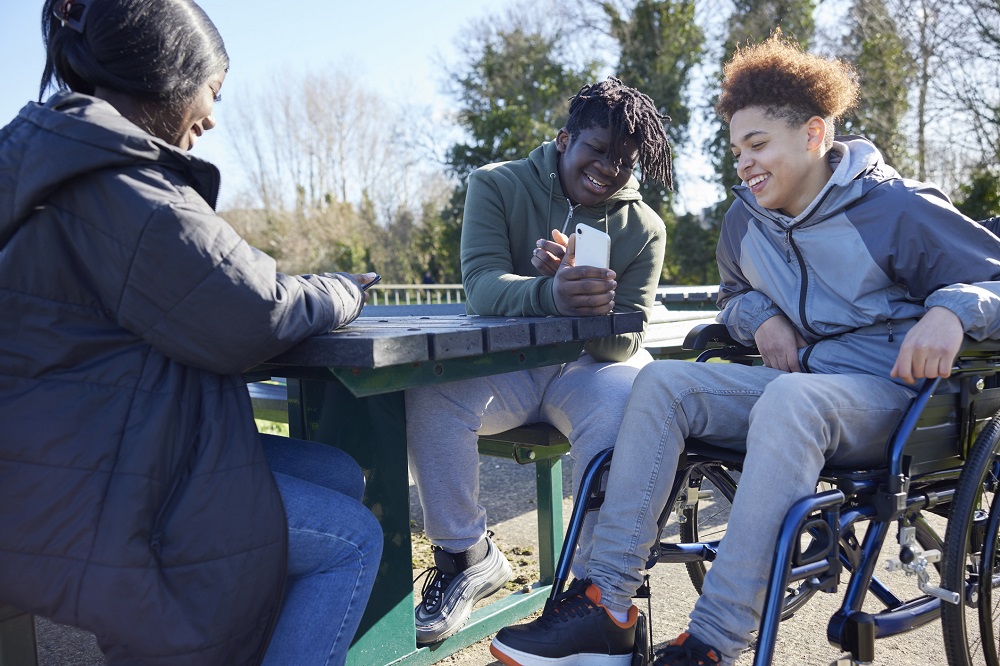
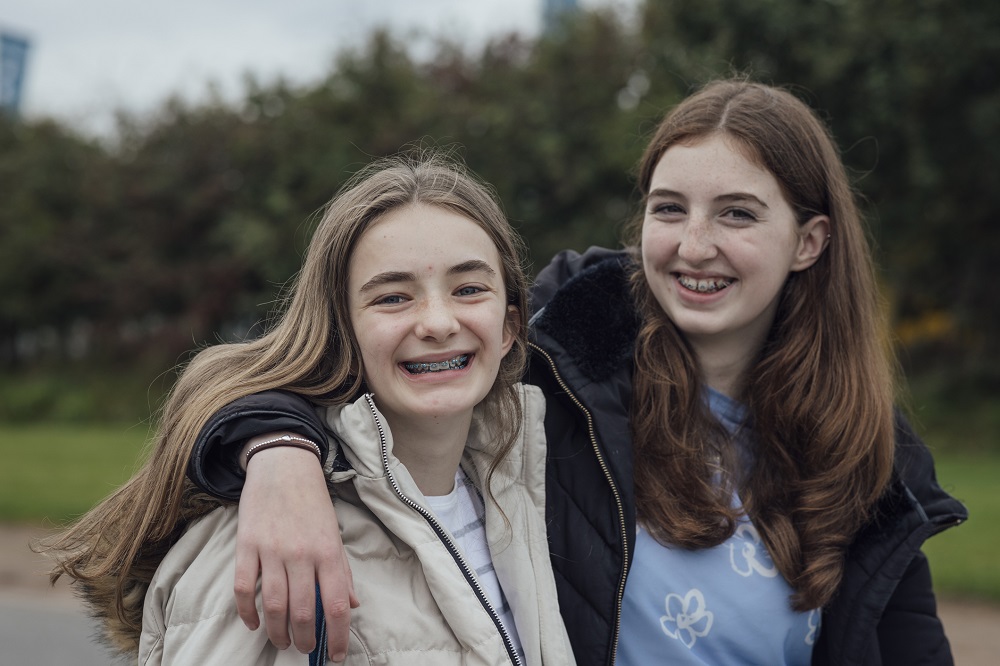


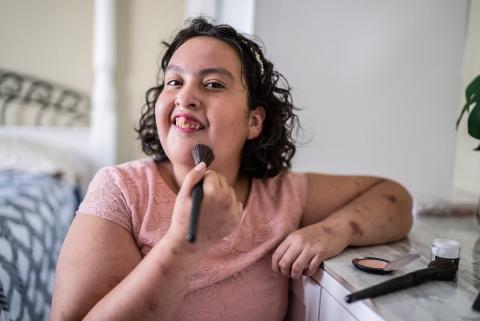
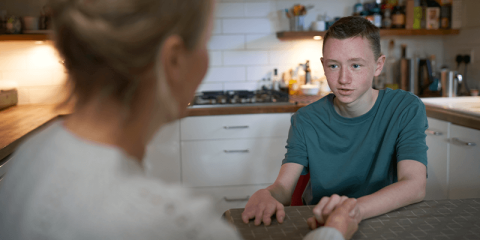
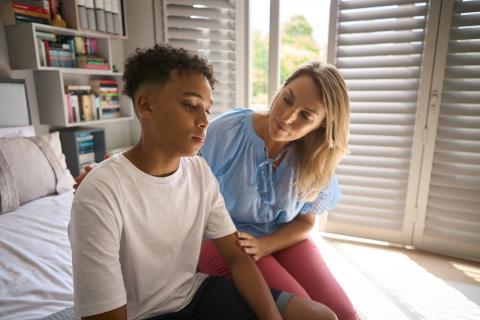


 Behaviour
Behaviour
 Mental Health & Wellbeing
Mental Health & Wellbeing